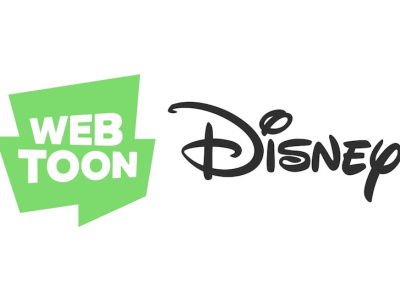 A dispute that has held up nearly $200 million in studio profits earned in the Chinese market for films like Oz: The Great and Powerful, Life of Pi, G.I. Joe: Retaliation, and Skyfall appears to be near settlement. The dispute arose out of efforts to put a value-added tax on cinema ticket sales with the studios battling Chinese distributors over whose share would be shaved to take care of the tax. Now the China Film Group has assured the studios that the 2% VAT will not be taken out of the filmmakers’ share.
A dispute that has held up nearly $200 million in studio profits earned in the Chinese market for films like Oz: The Great and Powerful, Life of Pi, G.I. Joe: Retaliation, and Skyfall appears to be near settlement. The dispute arose out of efforts to put a value-added tax on cinema ticket sales with the studios battling Chinese distributors over whose share would be shaved to take care of the tax. Now the China Film Group has assured the studios that the 2% VAT will not be taken out of the filmmakers’ share.The dispute shed light on the murky (and often closely guarded) arrangements between the studios and exhibitors in foreign country. For example, until an agreement negotiated by a delegation headed by Vice President Joseph Biden last year, which upped the moviemakers’ take to 25%, Hollywood studios would get just 17 or 18% of the ticket price paid by a Chinese moviegoer. But even the new increased rate is just about half as much as the studios make from exhibitors here in North America where the rule of thumb is that the moviemaking entity gets 50% of the amount earned by the films they release.
This explains why Disney is preparing to take a $160 to $190 million write-down on The Lone Ranger (see "Disney to Lose Up to $190 Million on 'The Lone Ranger'"). So far The Lone Ranger has earned $175.6 million, and Disney expects it to earn $280 million once its worldwide theatrical run is over (good luck with that). With a production cost of nearly $250 million and another $100 million spent for prints and marketing, it is pretty clear to see why Disney is going to take that huge write-down, especially since the 50% rule of thumb studio share can’t be applied to the movie’s overseas earnings, which current represent more than 50% of its total (and that percentage will rise since the movie’s domestic run is for all practical purposes over and the rest of its theatrical earnings will come from outside of North America).
In fact Disney’s figures might appear to be a bit optimistic at this time, though the studio is figuring DVD, VOD, and TV sales, in addition to theatrical revenues. Of course the studio’s take of ticket sales from other foreign territories is likely quite a bit higher than the 25% it will get from China, but it is also clear that due to a variety of costs, the studio’s share of revenue earned outside of North America is less than what it earns on domestic ticket sales.
So why are the studios so anxious to enter the Chinese market? Well, it’s the fastest growing market in the world. According to The New York Times, the Chinese are adding 12 new movie screens per day. There are now 13,000 screens in China (versus 39,600 here), but at the current rate of expansion the number of screens in the two countries will be the same in just five years. Movie ticket sales in China were up a whopping 36% in the first half of 2013 vs. the first half of 2012. But the Chinese, understandably favor domestic movie production, and are picky about which movies they allow in the country (Despicable Me 2 has yet to get clearance). Ticket sales for imported movies actually fell 21% during the first six months of the year, in spite of the release of hits like Iron Man 3, which took in over $100 million in spite of articles in the state-owned China Daily newspaper warning that "Some people mistake Hollywood’s strategy (of adding Chinese elements and locations to Iron Man 3) as a sign of growing recognition of Chinese culture, but it is actually a commercial tactic of Hollywood filmmakers."







